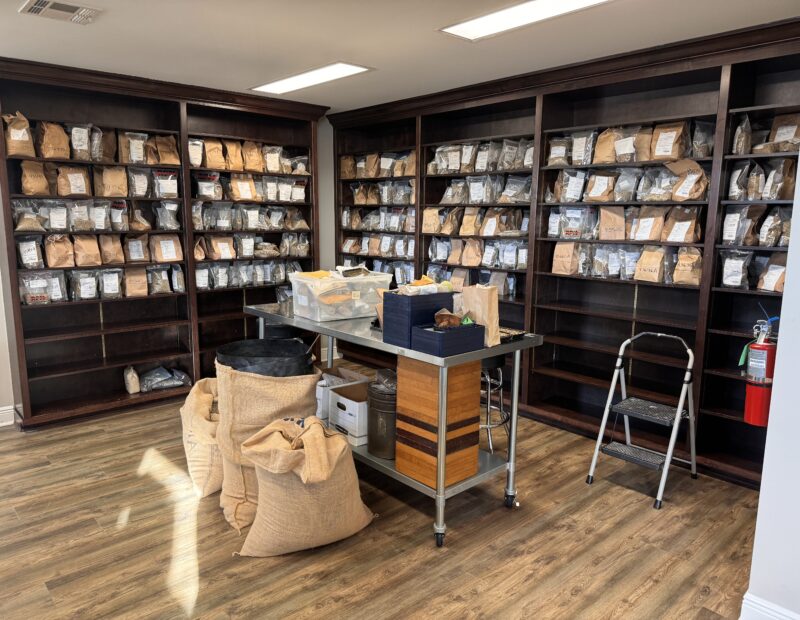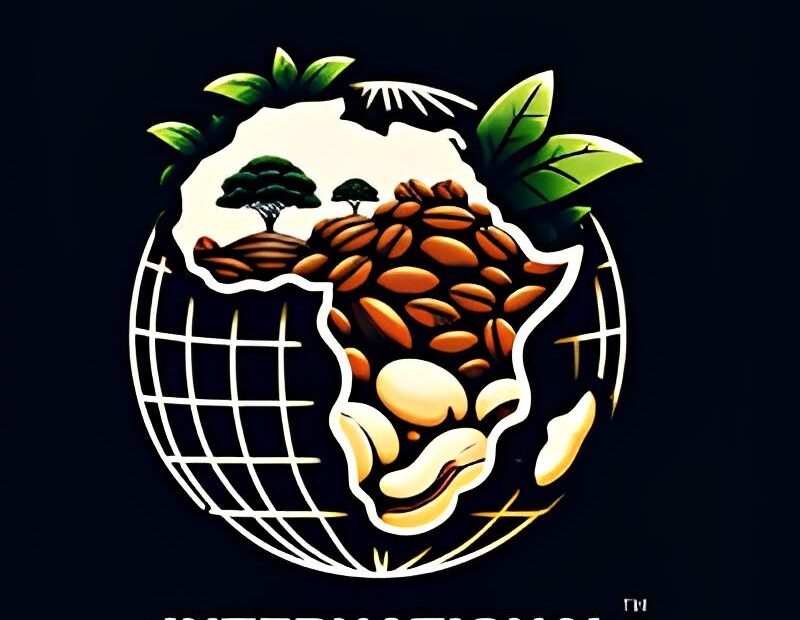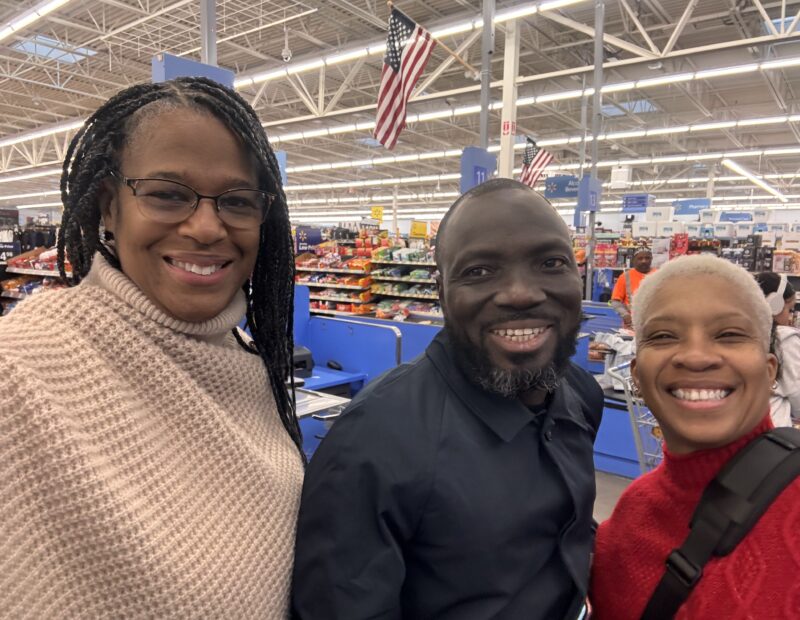Introducing International Commodities: Empowering Farmers and Transforming Global Agricultural Trade International Commodities was founded with a singular purpose: to...
In the complex world of global trade, coffee stands as one of the most valuable commodities, but many of the farmers who produce it are often on the lowest end of the food supply chain. International Commodities, a key player in the agricultural trade landscape, is committed to changing this narrative by forging sustainable connections between farmers and companies. By focusing on the coffee bean trade, International Commodities is not only amplifying the voices of farmers but also raising awareness among buyers and consumers about the critical role these farmers play.
The Role of ECAM Daloa in the Coffee Supply Chain
ECAM Daloa, a union of 29 farmer cooperatives in Côte d’Ivoire, is at the heart of International Commodities’ mission. This cooperative of over 1,500 farmers exchanges raw coffee beans, raw cashew beans, and raw cocoa, ensuring a consistent supply of high-quality products. But ECAM Daloa’s work goes beyond trade—it represents a concerted effort to uplift farmers who often work under challenging conditions with limited access to resources. By integrating sustainable practices and promoting fair trade, the cooperative seeks to improve the livelihoods of its members while contributing to environmental stewardship.
Making Sustainable Connections Through Coffee Trade
International Commodities leverages its deep-rooted connections with farmer cooperatives like ECAM Daloa to build direct trade relationships with companies that sell to consumers. This approach not only shortens the supply chain but also creates more transparent and equitable trade practices. By facilitating direct buys from farmers, International Commodities ensures that the profits from coffee sales are more fairly distributed, allowing farmers to reinvest in their communities and farming practices.
This direct trade model also serves as an educational platform for companies, helping them understand the realities faced by farmers at the beginning of the supply chain. It fosters a deeper sense of responsibility among buyers who, in turn, can make more informed purchasing decisions that prioritize sustainability and fairness. By creating these bridges, International Commodities is raising awareness about the critical issues in coffee production, such as fair compensation, sustainable farming practices, and environmental impact.
Promoting Environmental and Economic Accountability
International Commodities and ECAM Daloa are committed to more than just trade—they are dedicated to fostering a culture of sustainability that benefits both people and the planet. The cooperative’s efforts to restore soil fertility, engage in reforestation, and adopt sustainable farming techniques are essential components of this mission. These initiatives not only improve crop yields and quality but also combat the adverse effects of climate change, which disproportionately affect smallholder farmers.
Economic accountability is another cornerstone of International Commodities’ work. By reducing barriers to shipping and transportation costs, they are making it easier for farmers to participate in global trade. This not only provides farmers with greater market access but also ensures that they receive fair compensation for their hard work. The result is a more resilient supply chain that can better withstand market fluctuations and external challenges.
A Vision for the Future: Empowering Farmers and Consumers
The partnership between International Commodities and ECAM Daloa represents a new way forward in the coffee industry—one that prioritizes people over profits and sustainability over short-term gains. By connecting farmers directly with companies, International Commodities is helping to create a more equitable food supply chain that recognizes and rewards the hard work of farmers.
For consumers, this means access to products that not only taste good but also do good. Every cup of coffee sourced through these sustainable connections supports the livelihoods of farmers, protects natural resources, and promotes economic development in agricultural communities. International Commodities is proving that when companies, farmers, and consumers work together, it’s possible to build a more sustainable and equitable world—one coffee bean at a time.














